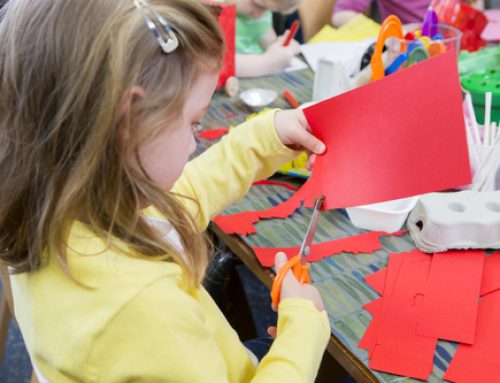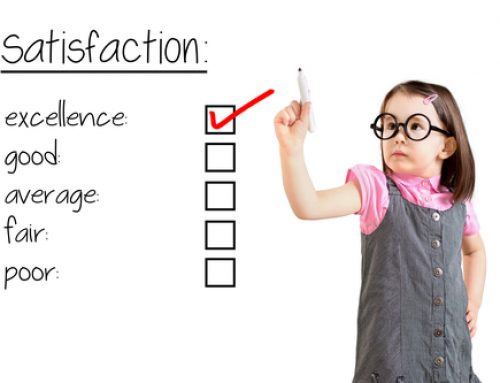 We have collated 7 documentation ‘standards’ which we believe will help improve practice for centres struggling with their documentation.
We have collated 7 documentation ‘standards’ which we believe will help improve practice for centres struggling with their documentation.
1. Is one sentence enough?
Write complete sentences that describe a thought, observation or action. One sentence observations or reflections generally lack substance and leave the reader questioning what was achieved, how it was achieved and why it was considered important enough to document.
Write in a manner which enlightens the reader and informs them of the actions of others and yourself and why this is pertinent to the development of a child or the improvement of your program. Consider writing in a way that is easy for any audience to understand.
2. Is it jargon!
Use industry specific terminology which is relevant to your documentation but don’t get carried away.
3. Know the NQF
Understand and link documentation to the National Quality Framework (NQF). Explain why you have linked a particular outcome to an observation or plan.
NQF outcomes are broad. Consider highlighting particular words from each selected outcome in your text to show your understanding of the outcomes and the framework.
4. Be selective to show incremental development.
Be discerning and distribute your selection of NQF outcomes over a variety of observations and contexts.
Over population of outcomes within your documentation, dilutes the purpose of developing children throughout the NQF. Show a pattern of change over time which is meaningful and deliberate.
5. You are a reflection of your documentation
Assume that each documented record you produce will be reviewed by someone important such as a parent, a centre co-ordinator or an assessor. If you maintain a consistently high standard, where your documentation is thoughtful, justified and adheres to correct grammar and punctuation you will create more meaningful documentation.
6. Not all data is equal.
All documentation is the gathering of data and evidence. Record high quality data to receive high quality results.
Have high expectations and meet those expectations every time you document.
7. Practice, practice, practice.
Writing is a skill which is developed over time through reflection and feedback. Seek assistance from collegues who have good writing skills.
For educators who are unsure where to start, try writing in the first person. I did this… I saw Bobby do such and such. I then ….
Find your own voice and make sure to develop a writing style which informs and delights the reader!
Do you have ideas on what makes great documentation? Let us know in the comments below.








